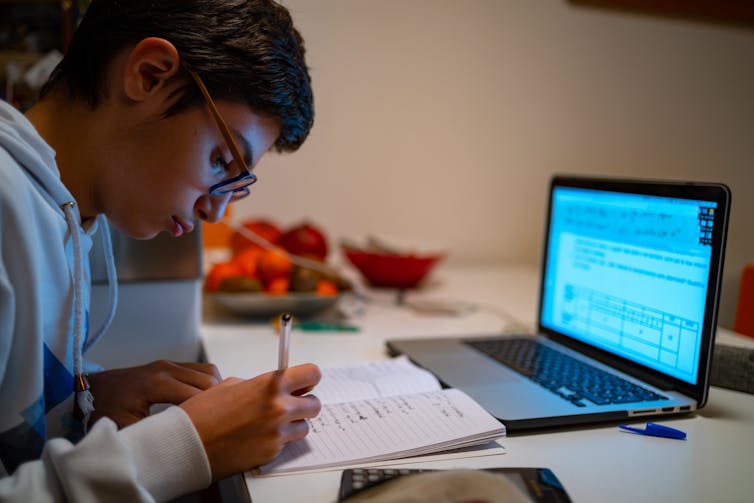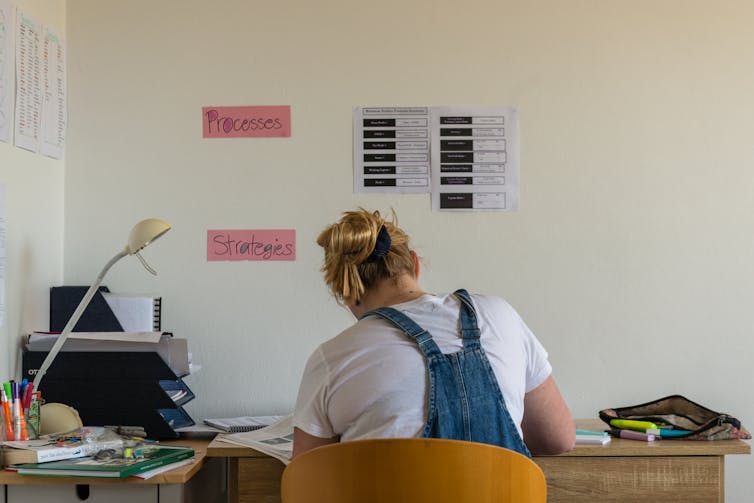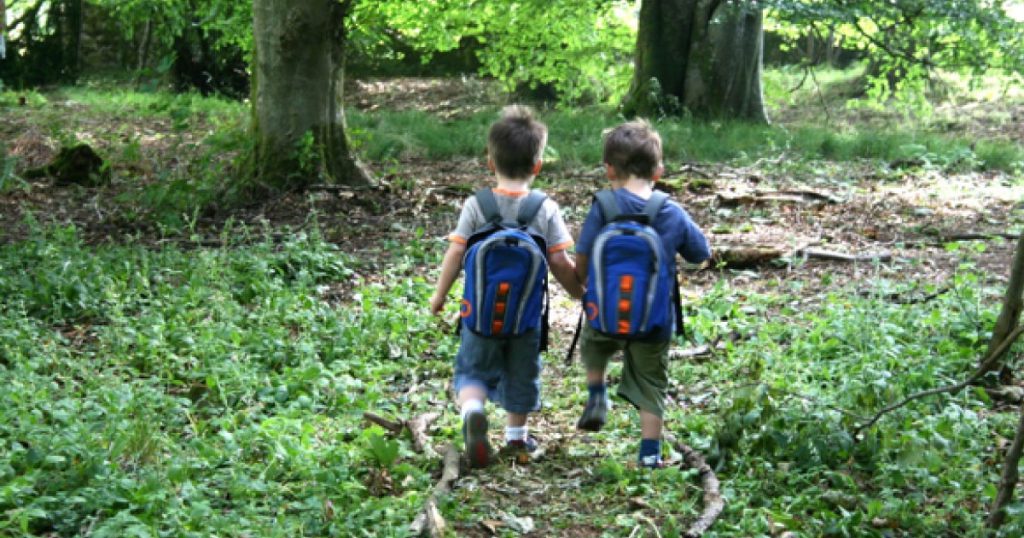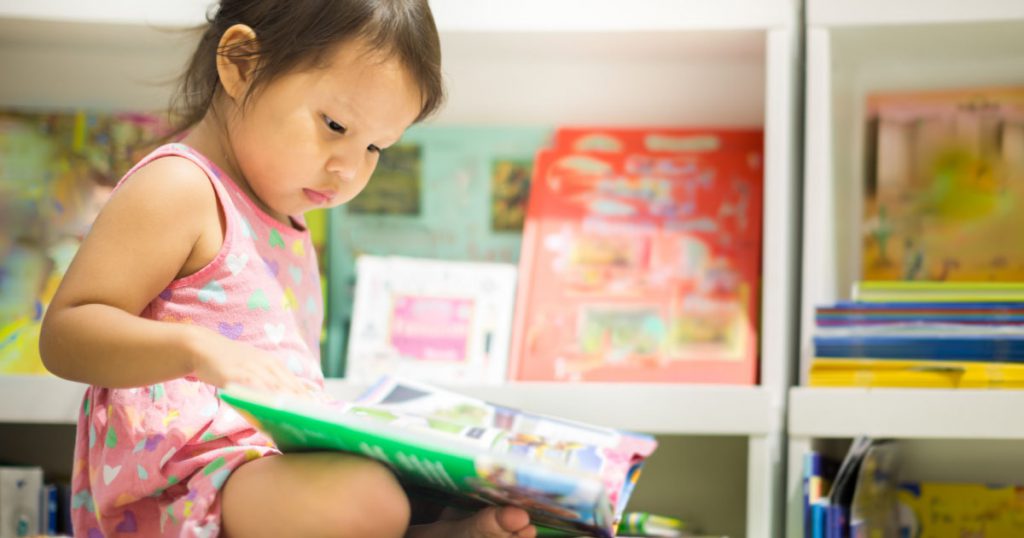
Australia’s school system – and whether it is doing its job – is often under the microscope from politicians, experts and parents.
The most recent NAPLAN results in 2024 triggered a wave of heated discussions after about one in three students were not meeting literacy and numeracy benchmarks.
Education Minister Jason Clare is among those who also have serious concerns about rates of students who complete Year 12. In 2024, the retention rate of students between Year 7 and Year 12 was 79.9%. For government school students, it was 74%.
But what do students themselves think about their schooling? Our new study asked recent school leavers about their experiences.
Our research
Our study draws on a 2023 survey as part of the Life Patterns research program, which follows different generations of young Australians after school.
We surveyed more than 4,000 young people recruited from a diverse sample of 100 government, Catholic and independent schools in urban and regional areas of Victoria, New South Wales, the Australian Capital Territory and Tasmania.
These young people completed high school in 2023 and were asked to comment on their school experiences.

pio3/Shutterstock
Students are mostly satisfied, but …
The participants rated their overall impression of school on a five-point scale, from very satisfied to very dissatisfied. About 60% of them were “quite satisfied” or “very satisfied”.
Despite this broadly positive picture, many of them also expressed concerns about their education, feeling its current content did not prepare them for life after school.
As one female student from a capital city told us:
I feel like school doesn’t prepare us for the real world at all and it freaks me out.
This sentiment was echoed by another female student from a regional city:
School seems extremely disconnected from either knowledge or experience that will help with jobs, or life skills that will assist in becoming a good, productive, happy person.
For many, this disconnect between the education on offer and the education they wanted contributed to a disengagement from school. A male student from a regional city said:
I am committed to my education and a dedicated student, but find it hard to connect with some of the information we are learning as it seems outdated and irrelevant. I want to learn things that are going to improve my life.
This follows researchers’ longstanding concerns the education system is not adequately setting students up for life outside school – and the complex social, political and economic changes they will confront.
Don’t focus on uniforms
Students also spoke about schools focusing on issues that do not matter to young people, such as students wearing the “correct” uniform or whether or not they have their phone at school.
As one female student commented:
Focus on more real issues. The debates about phones allowed at school or uniforms at school seem almost irrelevant when you compare them to the everyday common hardships and problems young people face.
Too much stress
A strong theme in young people’s responses was the amount of stress they faced with their studies. These feelings were often linked to heavy workloads (particularly in Year 11 and 12) and the pressure they felt to achieve certain grades.
A male student from a country town said:
[…] the pressure and the expectations to do well in school is so high and caused a lot of stress and anxiety.
Another male student from a capital city also felt:
There is so much pressure on high school and how one exam can change the course of your future which isn’t true.
This echoes other studies that query the focus on a single score (the ATAR) and supports alternative approaches to measuring education outcomes at the end of Year 12.

GillianVann/Shutterstock
More mental health support
Amid ongoing reports of young people struggling with their mental health, mental health also emerged as a major concern in students’ responses.
A male student from a capital city told us young people were “battling every day” and they needed more free, accessible resources and support from school staff.
They also saw a connection between the pressures of schooling and mental health concerns. As one female student told us:
There is too much expected from students at school, leading to burn out and mental illnesses.
What next?
Our study shows many young people care deeply about their education. But they also feel it isn’t working for them or preparing them for life beyond school.
This suggests government institutions and schools need to be doing more to include young people’s perspectives as they design and implement curricula.
By recognising young people as active stakeholders in schools,
education shifts from something happening to them to something happening with them. This approach can foster a stronger sense of belonging, ownership and engagement with learning.
![]()
Jun Eric Fu works on the Life Patterns research program, which is funded by the Australian Research Council.
Julia Cook receives funding from the Australian Research Council.
Read More: Read More



